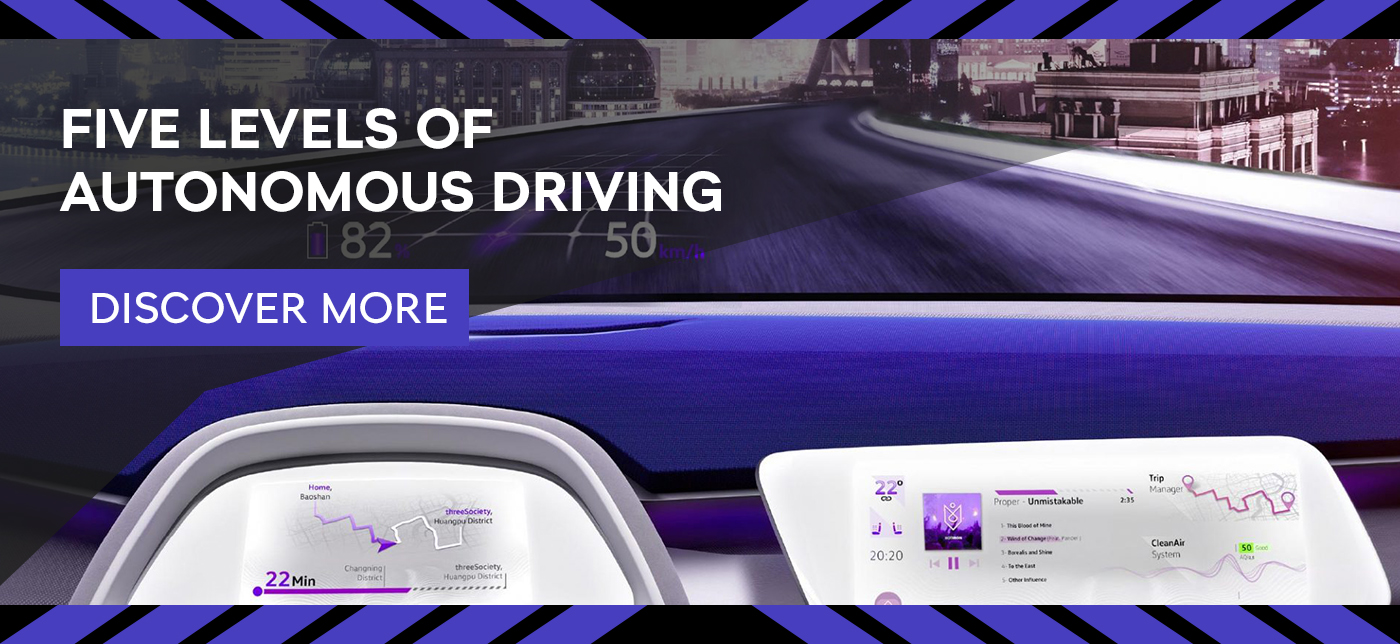Dr Guido Haak, ŠKODA’s head of product management, met Storyboard to discuss the pros and cons associated with the onset of the electric vehicle era. The main advantages are lower running costs, reduced fuel costs and easier maintenance. What’s more, the smaller size of electric motors compared to internal combustion engines means there is greater flexibility in interior design – witness, for example, the “frunk”, i.e. front trunk. On the downside, purchase prices are currently higher. That said, they are expected to fall as the cost of buying a battery drops. Another fly in the ointment is the limited range, though this is improving all the time. The charging infrastructure is also mushrooming.
Despite the arrival (or, more precisely, the return) of electric cars, owners of ICE cars have nothing to fear, as petrol stations, workshops and other services are set to remain for at least a couple of decades yet.



























